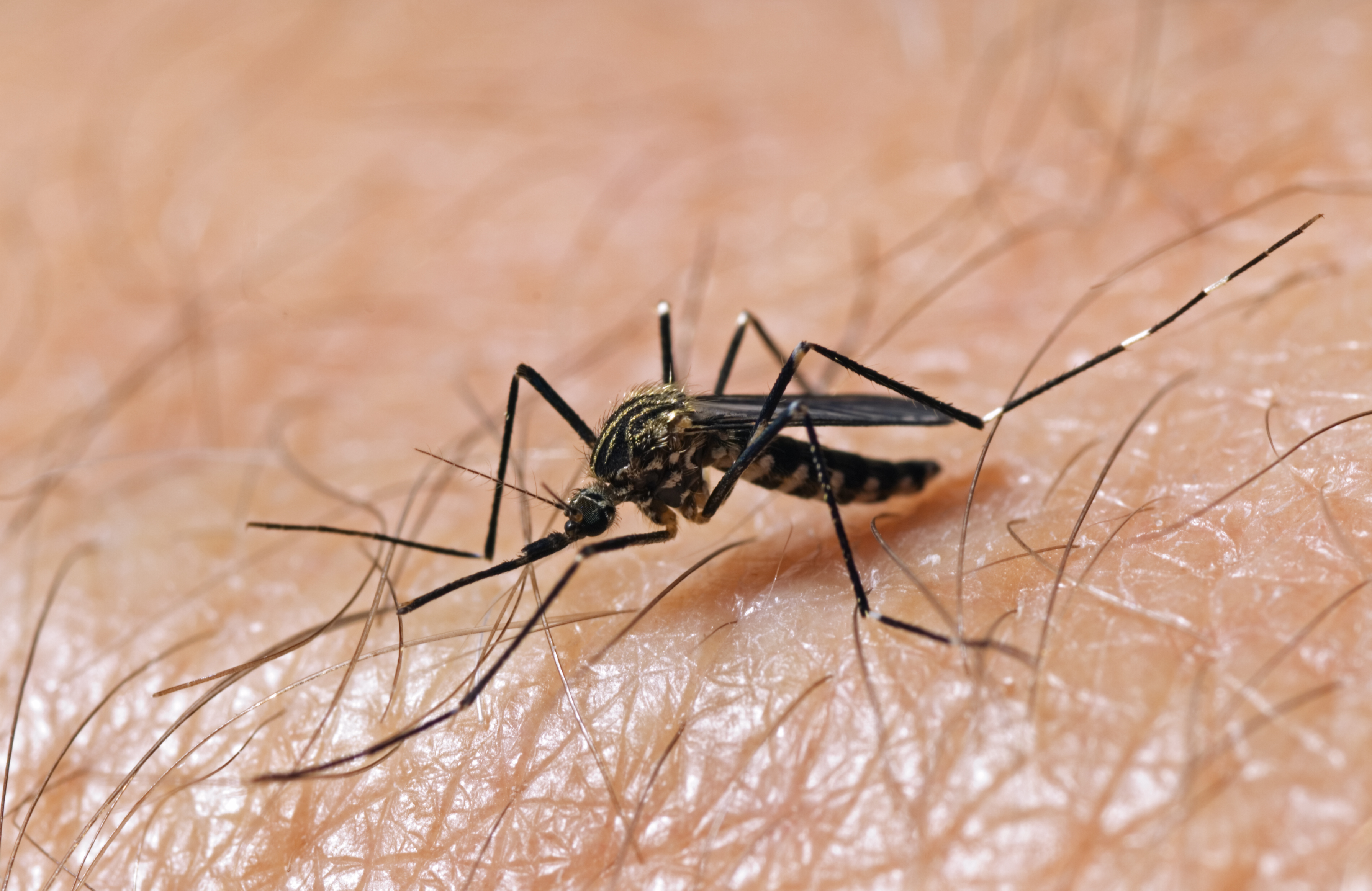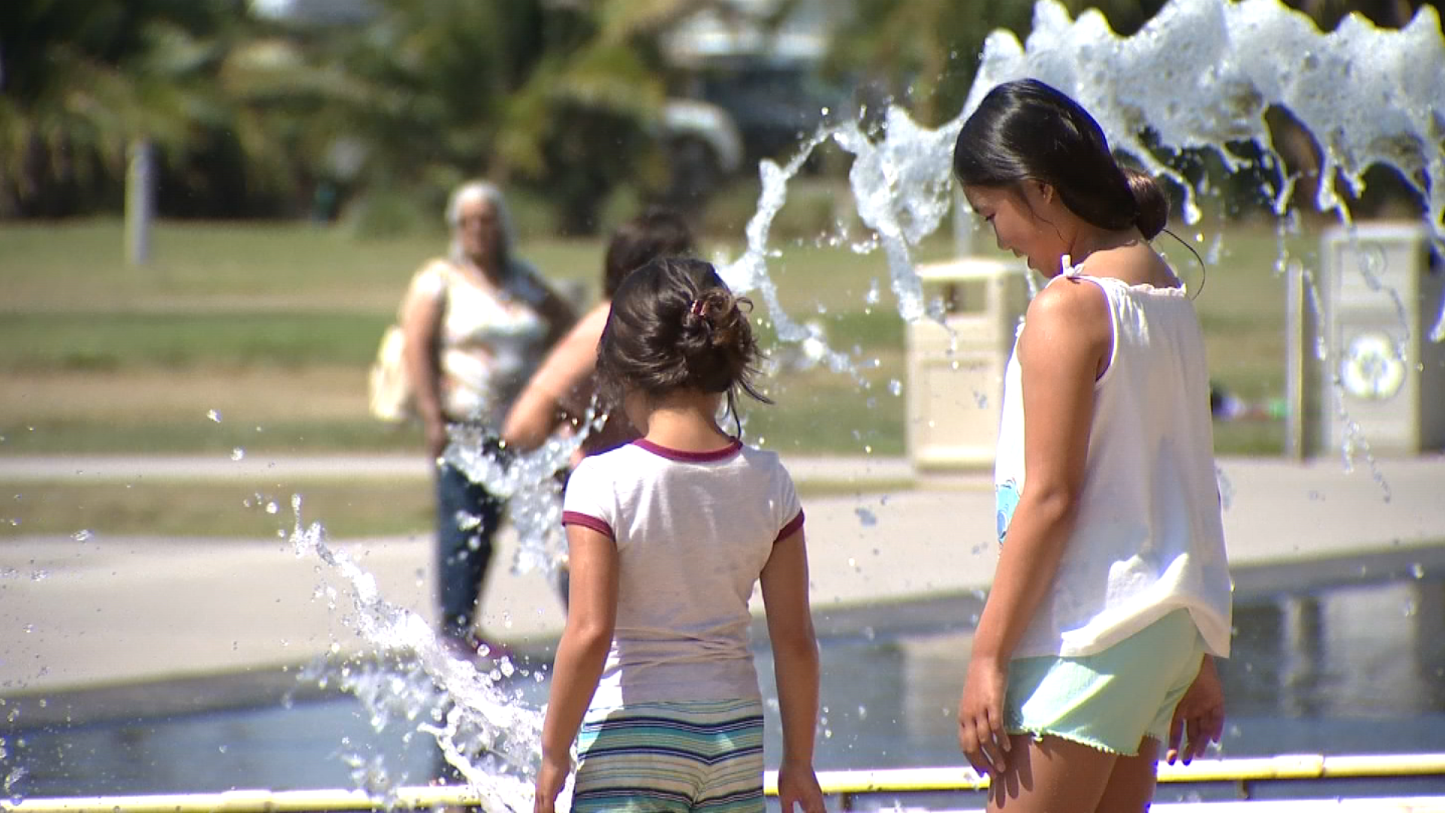
Close-up image of a cute raccoon in the forest. Canadian wildlife. Toronto animals.
Two human cases of a rare parasitic infection linked to raccoon feces were found in Los Angeles County, prompting public health officials to launch an investigation.
Two cases of Baylisascaris procyonis, also known as raccoon roundworm, were detected in the South Bay area, the Los Angeles Public Health Department said Tuesday.
People can get infected with racoon roundworm if they eat dirt, soil, water or any material contaminated with infected racoon feces as the parasite lives in the intestine of racoons.
Dogs and cats can also become infected if they ingest anything infected.
Get top local stories in San Diego delivered to you every morning. Sign up for NBC San Diego's News Headlines newsletter.
Raccoons may not become sick by the parasite, but their feces can carry the rounworm’s eggs.
In humans, the disease can infect the spinal cord, brain and eyes and lead to swelling of the brain and eye disease.
Infected people, after up to four weeks of the incubation period, may show various symptoms such as nausea, tiredness, loss of coordination, loss of muscle control, blindness and coma.
Public health officials said some 60% of infectious diseases in humans involve animals, especially wildlife, such as flea-borne typhus, leptospirosis, West Nile Virus, salmonella and rabies.
Experts encourage people to follow these practices to prevent illness from pets and wild animals.
- Wash your hands
- Be aware of diseases that can be spread from animals to people, whether at home, petting zoos, animal exhibits, childcare settings, schools, or while traveling.
- Prevent insect bites
- Avoid animal bites and scratches
- Keep wildlife away
- Handle food safely, and do not feed raw food to your pets.
- Remove animal waste
- Do not touch dead wildlife.
- Keep pets healthy.



